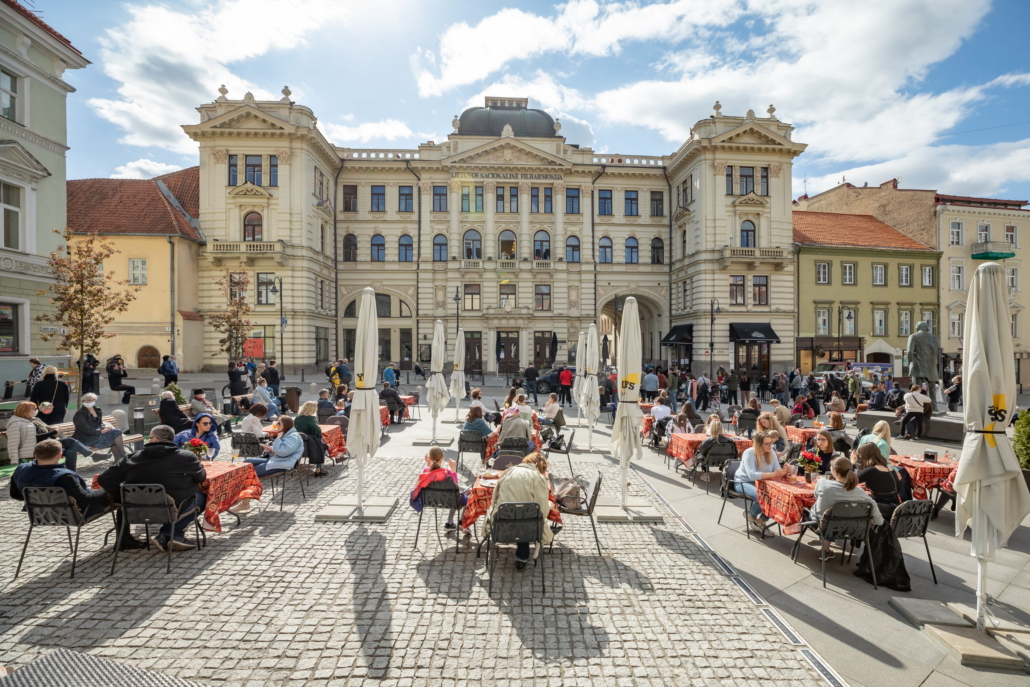
London and the Île-de-France region, home of the French capital, Paris, stood out as the best-in-class in the Financial Post’s fDi Intelligence European Cities and Regions of the Future ranking. Europe has shown resilience as a global investment destination even in the wake of major disruptions caused by the Covid-19 pandemic and the Ukraine war. Despite major multinationals voicing concerns over its long-term competitiveness, the old continent remains the world’s biggest destination of foreign direct investment (FDI) as energy transition drives major investment into energy sectors and the transformation of legacy industries, such as the automotive industry.

The European Cities and Regions of the Future 2023 ranking highlighted the most promising investment destinations across Europe. It assessed 370 European cities divided by population size into five groups – major, large, mid-sized, small and micro cities, as well as 148 European regions divided into three groups – large, mid-sized and small regions. Everything was ranked by their performance across five subcategories: economic potential, business friendliness, connectivity, human capital and lifestyle; and cost effectiveness.
London maintained its crown in fDi’s European City of the Future to attract more FDI projects than any other city across Europe. Two big Brexit winners are next in the major cities category: Amsterdam and Dublin. The former is home of Euronext, the pan-European stock exchange that has unseated the London Stock Exchange as the continent’s biggest trading venue, with the latter benefitting from the post-Brexit influx of financial services companies. Hamburg, Germany’s second-most-populous city, jumped to first place in the large cities category. Frankfurt and Krakow followed in second and third place, respectively.
 In the mid-sized cities category, Zurich again came out on top thanks to its pool of highly educated talent and its established financial cluster. For the second year running, Lithuania’s capital Vilnius claimed second place, with Poland’s Wroclaw coming in third.
In the mid-sized cities category, Zurich again came out on top thanks to its pool of highly educated talent and its established financial cluster. For the second year running, Lithuania’s capital Vilnius claimed second place, with Poland’s Wroclaw coming in third.
Vilnius performed well in all five subcategories, and improved its standing in economic potential (from 3rd place to 2nd), business friendliness (from 6th to 3rd) and from 3rd to 2nd place in human capital attraction. The city was also highly rated for its progress, innovation and adaptation to market conditions.
Announcing the city’s progress, Vilnius mayor Remigijus Šimašius expressed gratitude to the citizens of Vilnius and encouraged them to continue in the steps of its founder Gediminas, whose code emphasizes openness to the world and to the future, and respect for diligence and creativity.
 A new project by the capital’s trade and tourism development agency “GoVilnius” intends to increase the efficiency of the growing high-tech industry by grouping its ecosystem under one roof as “Vilnius TechFusion”, to showcase its leadership in innovation and attract investors and talent worldwide. Lithuania’s biotech, laser, financial technology, computer and communications as well as gaming industry are already in the forefront of the country’s employers and contributors to the economy. Last year Lithuanian laser companies grew by 15-20 percent. “Fintech” firms employ over 7,000 workers. Through projects like International House, Vilnius assists technology companies in attracting highly qualified workers, helps with their integration into the city, and provides consultation on taxation and business development.
A new project by the capital’s trade and tourism development agency “GoVilnius” intends to increase the efficiency of the growing high-tech industry by grouping its ecosystem under one roof as “Vilnius TechFusion”, to showcase its leadership in innovation and attract investors and talent worldwide. Lithuania’s biotech, laser, financial technology, computer and communications as well as gaming industry are already in the forefront of the country’s employers and contributors to the economy. Last year Lithuanian laser companies grew by 15-20 percent. “Fintech” firms employ over 7,000 workers. Through projects like International House, Vilnius assists technology companies in attracting highly qualified workers, helps with their integration into the city, and provides consultation on taxation and business development.
Award ceremonies for the highest-ranking European cities will take place in March, at the world’s largest real estate exhibition MIPIM in Cannes, France.



























